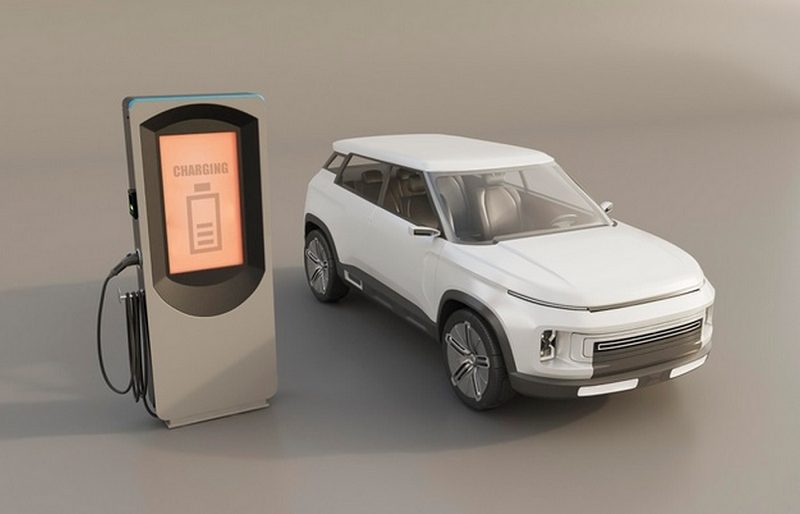Sales of electric vehicles are expected to soar over the next 12 months, according to the latest edition of the EY Mobility Consumer Index (MCI) survey, with the participation of more than 9,000 consumers from 13 countries.
More than 4 in 10 (41%) respondents planning to buy a new car next year say it will be electric – an 11 percentage point increase over the November 2020 findings – while 8 out of 10 (77%) electric vehicle owners say their next vehicle will be electric again.
Overall, 50% of respondents expect to buy a car (electric or internal combustion engine), an increase of 17% over last November, with 65% of them saying they will make a purchase within the next 12 months.
The survey also reveals that environmental concerns are the top reason behind buying an electric vehicle, with 78% of respondents saying the COVID-19 pandemic has made them more aware of environmental issues.
53% of those planning to buy an electric vehicle feel they have a responsibility to reduce their individual impact on the environment, while 54% consider buying an electric vehicle to be a way to achieve it.
66% of consumers surveyed say they are willing to pay more for an electric vehicle, which jumps to 91% for those who plan to choose an electric vehicle as their next car. However, the cost of ownership and maintenance acts as a deterrent for those who do not intend to buy an electric vehicle.
Charging in the spotlight
Although the trajectory of the electric vehicle market is expected to be on the rise soon, uncertainty about charging infrastructure remains, and is one of the three top concerns of those who do not intend to buy an electric vehicle (32%). 47% of those surveyed consider that there are not enough charging points to invest in buying an electric vehicle.
Potential buyers of electric vehicles, on the other hand, have similar concerns, with 38% saying there are not enough charging points available. For electric vehicle owners, charging points (84%) and its speed (78%) are their main concerns about the charging process.
Automotive is recovering
Although research reveals that the number of trips consumers take is expected to decrease by 5% compared to pre-COVID levels, public transport is the least popular means of transport (with an expected reduction in its use by 11%), while the car is emerging as the top choice.
Most respondents who either own a car or intend to buy one state that the possibility of permanent access to a personal vehicle is important for them (56%), and that their safety and well-being are ensured to a greater extent by a personal vehicle (52%).
In addition, while research shows that travel for personal reasons is expected to recover to pre-pandemic levels, business travel is expected to decrease by 14%, indicating a significant shift towards teleworking.
Commenting on the findings of the survey, Mr. Yannis Pierros, Partner of the Audit Services Department of EY Greece and Head of the Automotive and Transport Sector of EY Greece and EY Central, Eastern, Southeastern Europe and Central Asia (CESA) said: “It is now clear that the pandemic has further raised awareness among citizens around the world about the issue of climate change, and that this awareness directly affects their consumer choices.
For the automotive industry, this marks a much faster shift in electrification. We are already seeing in the domestic market, the emergence and circulation of more and more electric and hybrid vehicles, while the appropriate incentives are given for their purchase.
The need to develop an extensive network of charging infrastructure and in general to support electromobility, is now imperative for the future of urban, and not only, transportation. The state, local government, electricity and energy providers, as well as manufacturers, should work together to meet this need.


